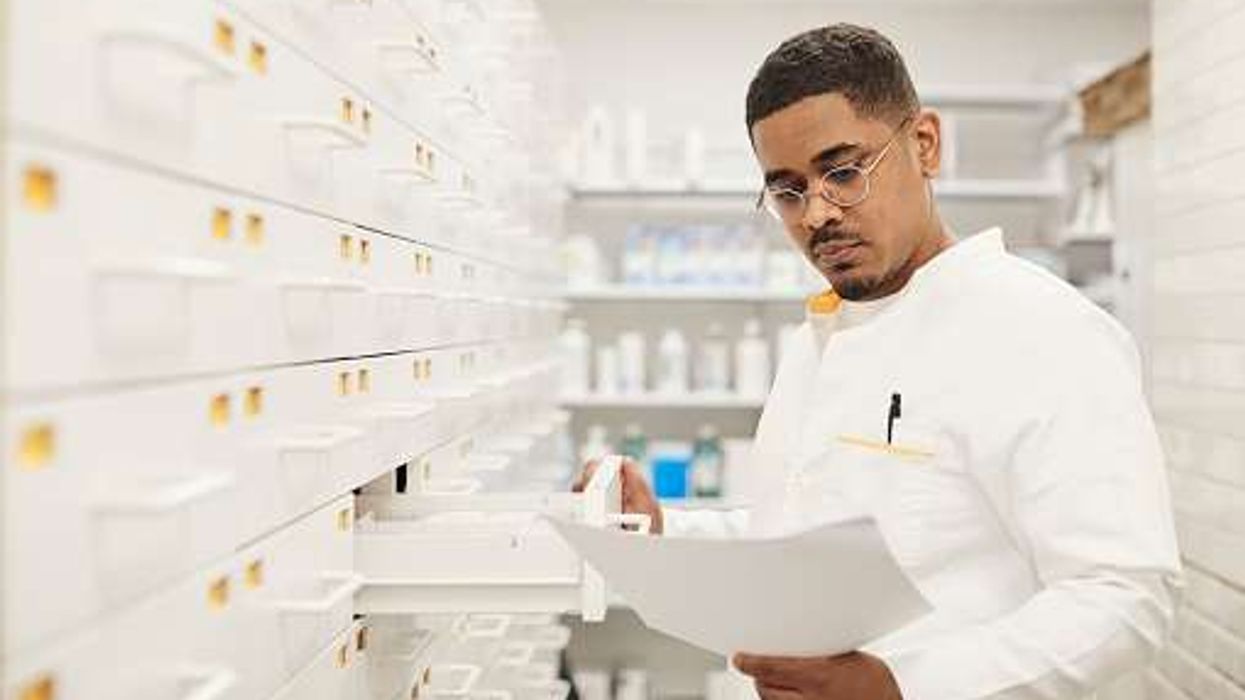Digestive problems, sometimes unpredictable and sudden, can significantly dampen your mood and make you frantic to understand the cause. Many ailments cause stomach ache and knowing what to expect can help differentiate the type of pain and help you get the right treatment for your condition. Some of the most common digestive ailments include:
Gallstones
Sometimes, chemicals like cholesterol and calcium carbonate harden in the gallbladder, causing stone-like deposits to form. These deposits can be range from just a few to multiple stones and vary in size. Small gallstones may not cause any symptoms, but large ones, on the other hand, can cause excruciating pain on the upper right abdomen and inflammation or obstruction of the bile and pancreatic ducts. Blocked bile ducts will lead to infections, fever, jaundice and pancreatitis.
Causes
Gallstones can be caused by factors such as:
- High dietary fat consumption
- Obesity, especially in women
- Diabetes patients
- Genetic factors
- Sedentary lifestyles
- Use of oral contraceptives
Treatment
Treating gallstones involves making dietary adjustments from high-fat meals to low fat, vegetable-laden meals. However, severe symptoms of gallstones like jaundice call for surgical removal of the gall bladder.
Diarrhea
Diarrhea is relatively common, characterized by loose, watery stools and stomach cramping. Normal diarrhea resolves itself, while chronic diarrhea is a serious condition requiring medical attention due to a heightened risk of dehydration.
Causes
Diarrhea can be brought by a multitude of factors, including:
- Bacterial infection from contaminated food or drinks
- Viruses like the Rotavirus in children
- Digestive ailments like ulcerative colitis
- Lactose intolerance
- Reaction to medication like antibiotics
Treatment
There are various ways to manage and treat diarrhea. Medicines like diarrhoea tablets provide timely relief for diarrhoea and accompanying symptoms like abdominal discomfort. Make it a habit to avoid raw food from restaurants and avoid drinking water from the tap.
Ulcerative Colitis
Ulcerative colitis is a digestive ailment afflicting the large intestine and rectum, characterized by sores, pain in the abdomen, bloody stools, stubborn diarrhea and fever. Without timely diagnosis and treatment, colitis can take a nasty turn and leave you fighting for your life. It can cause serious problems like perforated colon, excessive bleeding, colon cancer, blood clots, liver disease, dehydration and a swollen colon.
Causes
Although many of the causes of ulcerative colitis are speculative, the disease is attributed to various factors including:
- Genetics-If you come from a family with several members battling colitis, you are at a higher risk of contracting the disease.
- Race-Some races, like the Jews, are at high risk for developing colitis during their lifetime
- Autoimmune Condition-An imbalance in the gut flora or a malfunction of the body defense mechanism is blamed for colitis.
Treatment
There are various of medicines for the treatment and management of colitis, depending on its severity. Medicines known as aminosalicylates are administered for mild colitis. Corticosteroids are used for the short term treatment of intense flare-ups. When ulcerative colitis does not respond to medication, surgery to remove the colon is recommended. An ileoanal pouch is created from the small intestine to pass poop normally through the anus.
Constipation
Spending hours in the toilet trying to open the bowels can be frustrating and significantly limit the quality of life. Apart from an accompanying stomach ache, the stools are lumpy and you feel your bowels have not emptied properly. While occasional constipation might resolve on its own, chronic constipation may require medical attention.
Causes
Various factors lead to constipation, including:
- Insufficient dietary fiber
- Inadequate water intake
- Sedentary living
- Stressful events
- Some types of medicines, e.g., iron pills
- Illnesses like colon cancer
- Obstruction in the intestines
Treatment
Dietary changes to reduce constipation include foods rich in fiber, drinking more water and eating more fruits and vegetables to add mass to your stool.
Lifestyle changes
Exercise relaxes all parts of the body and promotes proper circulation of blood to all parts of the body, including the bowel, to promote bowel movement.
Medication
Over the counter medication like laxatives are used widely to treat constipation. Laxatives come in various forms, including suppositories, lubricants, fiber supplements and stool softeners.
Operation
Surgery is used to treat constipation caused by an obstruction in the colon, where a small part of the colon is removed.
Acid Reflux
Acid reflux or heartburn, presents as a burning sensation in the chestand occurs mostly after meals. It occurs when the stomach acid finds its way into the oesophagus. While many people overlook acid reflux, it can lead to unpleasant outcomes like ulceration in the esophagus, raising the risk of esophageal cancer.
Causes
There are many causes of acid reflux and they include:
- Cigarette smoking
- Some types of medicines like painkillers
- Excessive caffeine intake
- Taking large meals
- Regular consumption of carbonated drinks
- Pregnancy-induced reflux
- Hernia in the diaphragm
- Obesity
Treatment
Medicines known as antacids sold over the counter are useful for the short term treatment of acid reflux. Chronic acid reflux requires the use of proton pump inhibitors (PPIs), which include esomeprazole and omeprazole. Avoiding acidic food and shedding off the excess pounds can also go along way to prevent acid reflux.
Hemorrhoids
Hemorrhoids are swollen anal veins, located either within the anal passage or externally. External hemorrhoids cause pain, itching, anal swelling and bleeding. Internal hemorrhoids are painless unless they prolapse during bowel movements. Sometimes, a blood clot may form in hemorrhoids, causing inflammation, swelling and pain.
Causes
Excess pressure on the bowel is a leading cause of hemorrhoids. This pressure can be caused by:
- Obesity
- Pregnancy
- Anal intercourse
- Low dietary fiber
- Regular constipation and diarrhoea
- Sedentary lifestyle
Treatment
Making lifestyle changes like regular exercise and taking meals rich in fiber will keep obesity at bay and prevent constipation, which is a major cause of hemorrhoids.
Digestive problems can make life miserable and leave you in a foul mood. However, making lifestyle and dietary changes and timely medical treatment, you can get your health and life back.











